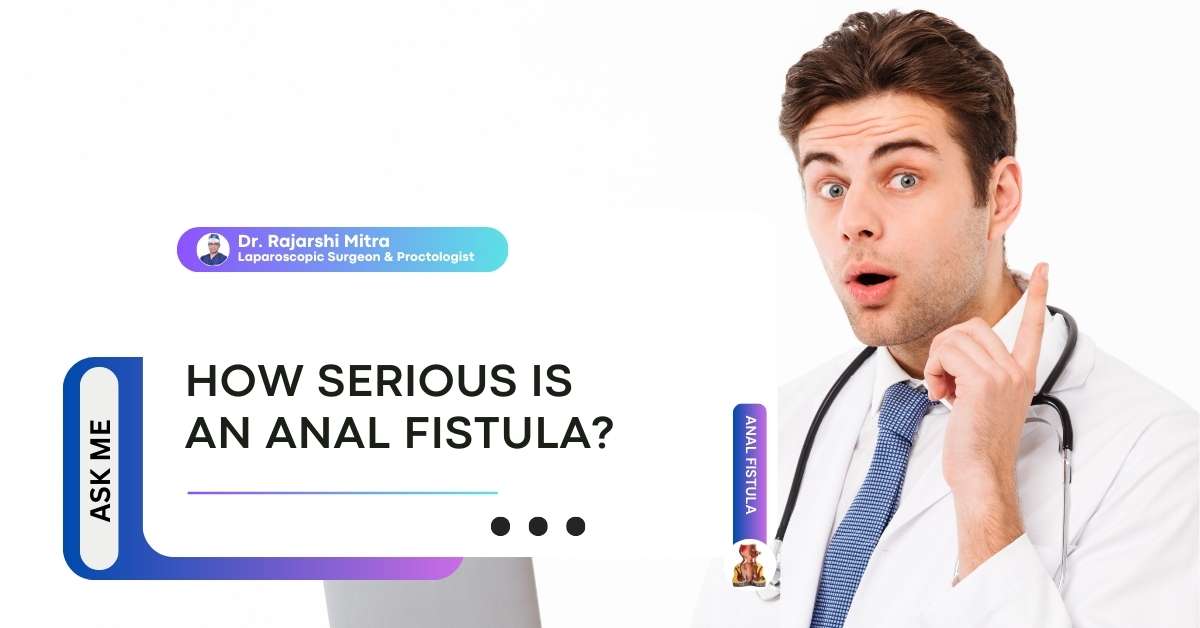Can an Anal Fistula Heal on Its Own?
While it’s a common hope, anal fistulas rarely heal spontaneously. An anal fistula is an abnormal tunnel connecting the anal canal or rectum to the skin near the anus. This usually develops as a result of an infection within an anal gland, leading to an abscess. While the abscess may drain or be surgically drained, the persistent infection can result in a fistula. These fistulas typically require treatment to heal fully and prevent further complications.
Understanding Anal Fistula Healing
- Spontaneous Healing: While rare, spontaneous healing is possible in certain cases.
- Persistent Infection: The underlying infection usually prevents the fistula from closing on its own.
- Treatment Options: Several treatment options exist, ranging from non-surgical to surgical approaches.
- Preventing Complications: Early diagnosis and treatment are crucial to prevent complications like recurrent abscesses and chronic infection.
- Factors Affecting Healing: Underlying health conditions, the severity of the fistula, and individual healing abilities can all influence the outcome.
Factors Affecting Spontaneous Healing of Anal Fistulas
- Cause of the Fistula: Fistulas caused by Crohn’s disease or other inflammatory bowel diseases may have a slightly higher chance of healing without intervention if the underlying condition is well-managed. However, those resulting from infections are less likely to heal spontaneously.
- Size and Complexity of the Fistula: Smaller, simple fistulas might have a slightly higher chance of healing on their own compared to larger or complex ones, which often have multiple openings and deeper tracts.
- Immune System: A strong immune system might be able to fight off the infection and promote healing. However, in most cases, the infection becomes chronic and requires medical treatment.
- Overall Health: Individuals with underlying health conditions like diabetes or those who are immunocompromised may have a decreased ability to heal and a higher risk of complications.
Why Anal Fistulas Rarely Heal Without Treatment
The primary reason why anal fistulas rarely heal spontaneously is the persistent presence of infection. The bacteria within the fistula create an inflammatory environment that prevents the tissues from healing properly. Additionally, the constant drainage from the fistula can irritate the surrounding skin, leading to discomfort and further complications.
Treatment Options for Anal Fistulas
While spontaneous healing is uncommon, there are several effective treatment options available for anal fistulas:
- Fibrin Glue: This is a non-surgical option where a special glue is injected into the fistula to seal it. While less invasive, its success rate is lower than surgical options, particularly for complex fistulas.
- Seton Placement: This involves placing a surgical thread (seton) through the fistula to allow drainage and promote gradual healing. It’s often used for complex fistulas or in cases where immediate surgery is not advisable.
- Fistulotomy: This is the most common surgical procedure for treating fistulas. It involves opening up the fistula tract, allowing it to heal from the inside out.
- LIFT Procedure: This is a newer, minimally invasive technique where the fistula tract is identified and closed from within the anal sphincter muscles, reducing the risk of incontinence.
- Advancement Flap Procedure: This procedure is usually reserved for complex anal fistulas.
- STEM CELL Therapy: The latest advancement in minimal surgical management for Anal Fistula.
Preventing Complications and Promoting Healing
Early diagnosis and treatment are essential to prevent complications and promote healing. If you suspect you have an anal fistula, it’s crucial to consult with a healthcare professional promptly. They can evaluate your condition, determine the underlying cause, and recommend the most appropriate treatment option.
Additionally, maintaining good hygiene, eating a healthy diet, and managing any underlying health conditions can help optimize your body’s healing capacity.

Key Takeaways
- Anal fistulas rarely heal on their own due to persistent infection.
- Spontaneous healing is more likely in smaller, simple fistulas and those caused by well-managed Crohn’s disease.
- Several treatment options are available, ranging from non-surgical to surgical approaches.
- Early diagnosis and treatment are crucial to prevent complications and promote healing.
- Consult with a healthcare professional for proper evaluation and treatment recommendations.
I hope this information addresses your question thoroughly. If you have any further questions or concerns, please don’t hesitate to ask.


















